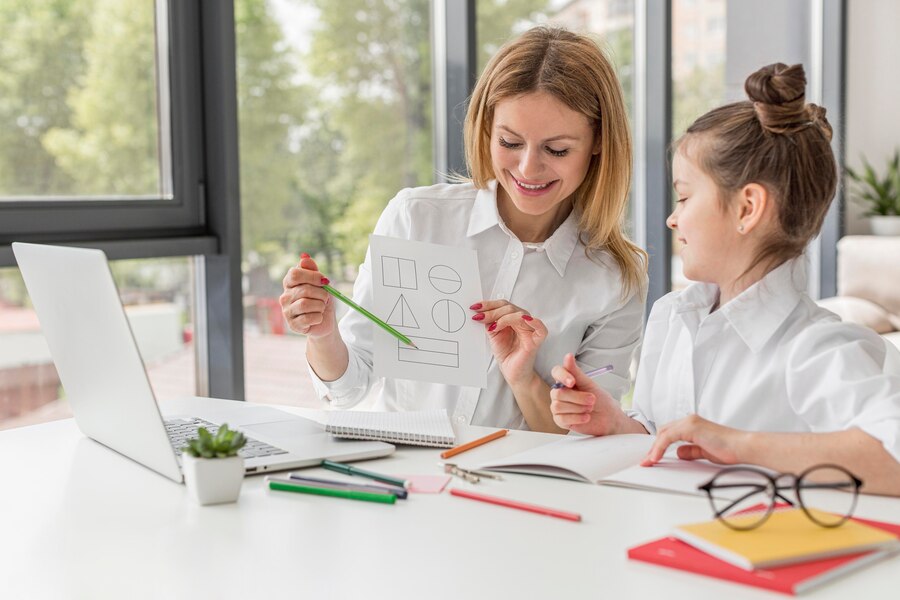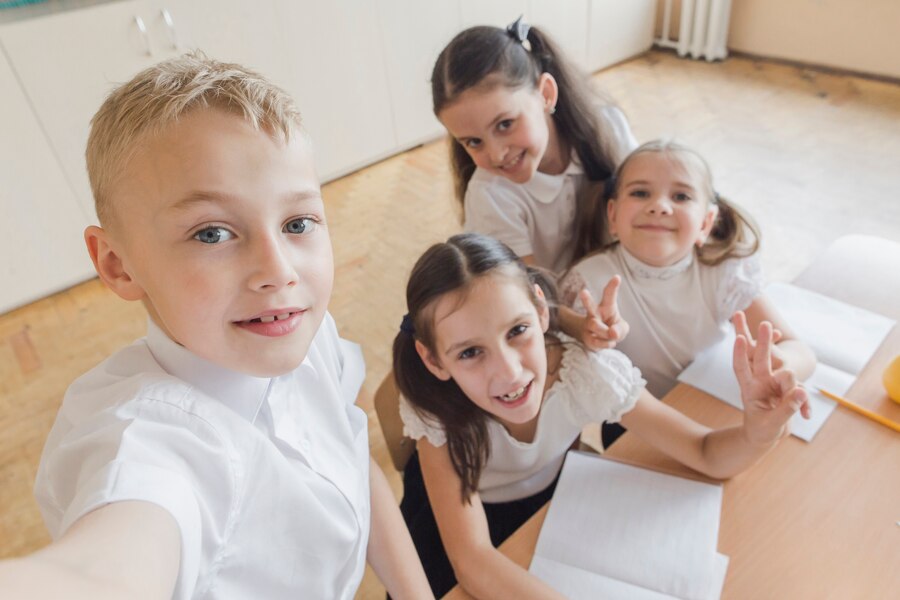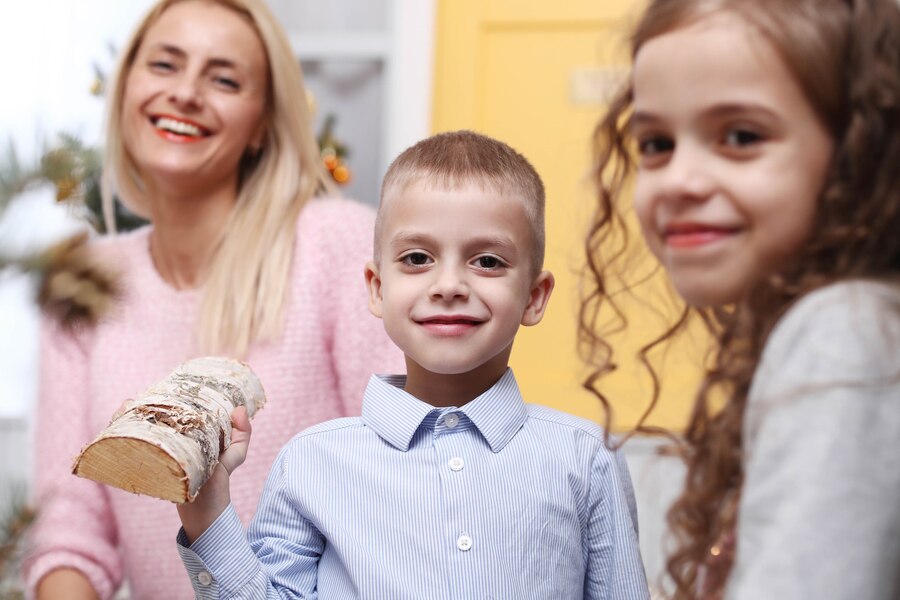In the rapidly evolving landscapes of education and parenting, the echoes of a bygone era where children’s roles and behaviors were sharply defined by traditional norms are increasingly becoming distant memories. There was a time when classrooms were characterized by neat rows of silent, obedient children, and homes were governed by a clear hierarchy that rarely, if ever, was questioned by the younger members. This image, while nostalgic, contrasts sharply with today’s reality where children, empowered by societal shifts and technological advancements, exhibit a broader spectrum of behaviors and expectations. The transition has left many educators and parents pondering the effectiveness of traditional discipline methods and yearning for strategies that resonate with the contemporary ethos of dignity and equality. Herein lies the transformative power of Positive Discipline, a philosophy that seeks to bridge the gap between the old and the new by fostering environments where mutual respect and cooperation flourish.

Unraveling the Tapestry of Change
The landscape of modern childhood is marked by significant societal transformations that challenge the conventional paradigms of discipline. The dissolution of rigid family structures, the proliferation of digital media, and the dynamic roles of parents in the workforce have all contributed to a complex milieu that influences child behavior and development. Traditional explanations that attribute shifts in child behavior to these factors often overlook the deeper societal progress towards recognizing the rights and dignity of every individual, including children. This shift away from models of submissiveness in the family—mirroring broader movements for human rights and equality—reflects a profound change in the societal fabric that demands a corresponding evolution in our approach to discipline.
The Essence of Positive Discipline
At its core, it embodies a forward-thinking approach that transcends the punitive methods of the past and the laissez-faire attitudes of permissiveness. It is founded on the principle that children, much like adults, seek a sense of belonging and significance within their social spheres. This approach advocates for a balanced methodology that combines kindness with firmness, creating an atmosphere where children are respected as individuals with unique needs and perspectives. Positive Discipline is not merely a strategy for managing behavior but a holistic philosophy that nurtures the development of well-rounded individuals equipped with the life skills necessary for personal and social success.
Collaborative Discipline: A New Paradigm
The transformative potential of Positive Discipline lies in its emphasis on collaboration between adults and children in the discipline process. By involving children in discussions about boundaries, expectations, and consequences, we empower them to understand the rationale behind rules and to take ownership of their actions. This collaborative process fosters a sense of agency in children, encouraging them to actively participate in creating a harmonious and respectful environment. It challenges the traditional power dynamics between adults and children, replacing them with a partnership based on mutual respect and shared goals.
Nurturing Responsible, Empowered Individuals
Positive Discipline seeks to cultivate individuals who are not only disciplined but also possess a strong moral compass, emotional intelligence, and the resilience to face life’s challenges. It emphasizes the development of critical life skills such as empathy, cooperation, problem-solving, and the ability to navigate interpersonal relationships with respect and understanding. By focusing on these foundational skills, children are prepared to contribute positively to society, fostering a generation that values kindness, integrity, and mutual respect.
The Journey Forward
Adopting Positive Discipline requires a paradigm shift in our understanding and application of discipline. It challenges us to move beyond the quest for immediate compliance to focus on the long-term development of our children’s character and capabilities. This approach demands patience, empathy, and a steadfast commitment to principles of dignity and mutual respect. While the path may be fraught with challenges, the rewards are immeasurable—a generation of empowered, compassionate individuals ready to face the world with confidence and a deep sense of social responsibility.

Unveil the Magic of Mutual Respect
Imagine a world where every child feels valued, understood, and empowered. Positive Discipline isn’t just a method; it’s a journey towards creating this world within your classroom or home. It’s about shifting from “Do as I say” to “Let’s figure this out together,” turning every challenge into a stepping stone for growth.
Scenario 1: The Homework Hurdle
Before: Homework time is a battlefield. You demand, “Finish your homework now!” only to be met with resistance and tears.
After: You sit down together and discuss, “What’s a good time for homework so you still have time for play?” Suddenly, homework becomes a shared goal, not a chore imposed from above. The child feels respected and responsible, transforming homework time into a positive, empowering routine.
Scenario 2: The Morning Mayhem
Before Positive Discipline: Mornings are a frenzy of hurried commands and frustration, culminating in tears and tardiness.
After Positive Discipline: You introduce a morning routine chart created together. Your child takes pride in following it, checking off tasks like getting dressed and brushing teeth. Mornings transform into a smooth operation, powered by cooperation and mutual respect.
Scenario 3: The Cleanup Conundrum
Before Positive Discipline: Cleanup time is synonymous with complaints and avoidance. “Clean your room!” echoes unanswered.
After Positive Discipline: Together, you decide on a cleanup game with fun challenges. Cleanup time becomes a playful, engaging activity that teaches responsibility while respecting your child’s need for fun.
Embrace the Journey with Positive Discipline
Positive Discipline is your guide to nurturing a home or classroom environment where respect, cooperation, and mutual understanding bloom. It’s about guiding with kindness and firmness, empowering children to become responsible, respectful, and resourceful members of their communities.
Transform your approach to discipline and watch as your daily challenges turn into opportunities for growth, connection, and mutual respect.

Positive Discipline represents a beacon of hope in the quest for effective, humane strategies in education and parenting. By embracing this approach, we embark on a transformative journey that not only reshapes our interactions with children but also contributes to the creation of a more just, respectful, and compassionate society. The legacy of Positive Discipline is one of enduring positive impact, promising a future where children and adults alike thrive in environments grounded in mutual respect, understanding, and cooperation.
FAQs about Positive Discipline
What is Positive Discipline? Positive Discipline is an approach to parenting and education that focuses on mutual respect, collaboration, and the development of life skills, moving away from punitive or permissive methods.
How does Positive Discipline differ from traditional discipline? Unlike traditional discipline that often relies on punishment, Positive Discipline emphasizes understanding, cooperation, and respect, aiming to teach children responsibility and self-discipline.
Can Positive Discipline work for all ages? Yes, Positive Discipline can be adapted for children of all ages, from toddlers to teenagers, by adjusting the strategies and communication methods used.
Is Positive Discipline effective for children with behavioral issues? Positive Discipline can be particularly effective for children with behavioral issues as it addresses the underlying needs and encourages positive behavior through understanding and respect.
How can I start implementing Positive Discipline? Begin by educating yourself on the principles of Positive Discipline, involve your children in setting rules and consequences, and consistently apply the approach with kindness and firmness.
Are there any resources for learning more about Positive Discipline? There are numerous books, workshops, and online resources dedicated to Positive Discipline that provide comprehensive guidance and practical tips for parents and educators.
Read Also: The Use of Technology in Monitoring and Enhancing Baby Sleep
Follow us